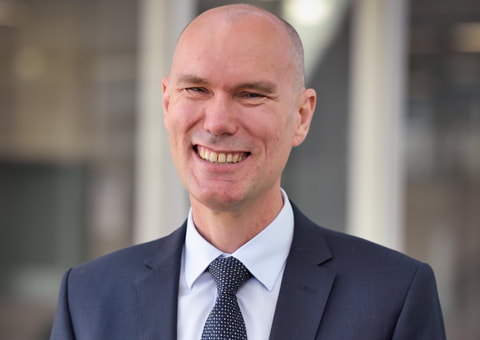Over the past two weeks there have been a number of celebratory events at Inaburra – the Annual Music Night, the Dance Showcase and the Sports Awards evening. Each of these events (alongside other events still to come) provides us with an opportunity to acknowledge the achievements of our students across different fields, to enjoy their skill and expertise on display and to celebrate the way that they have been using their God-given talents. We have some amazing musicians, sportspeople and dancers in our school community, some who are operating at an elite level, exceeding the expectations that we typically have of people their age.
Talent is one thing. Perseverance is another. Natural ability will take you a long way in life, but the capacity to learn and grow will always take you further. As I reflect on the interaction between or the relative significance of both our genetic predispositions and what we build over time as learners I am reminded of Thomas Malthus’ analysis of population growth written in the eighteenth century – an essay which would be influential for Charles Darwin as he developed his theory of evolution.
In 1798 Malthus wrote An Essay on the Principle of Population in which he argued that food production increases arithmetically while population increases geometrically. That is, food production over time increases at about the same rate each year and can be modelled using a straight line. Population, however, increases exponentially and can be modelled using a curve that gets steeper and steeper. Eventually, the population will increase beyond the available food creating a situation where there will be competition for the available resources. Malthus asked the question what happens next? Darwin’s reply was that only the fittest will survive.
Learning and natural ability are similarly related. Natural ability is something that grows over a lifetime in a linear fashion with competence gradually building over time. Building one’s capacity to learn, however, can lead to exponential growth in understanding. The person who remains curious, intellectually humble and open to new ideas will see problems as opportunities to challenge themselves rather than signs that they are reaching their potential. They continue to reflect on their understanding and look for ways to develop further the conceptual architecture so that they might engage more effectively with the world around them. Eventually, given enough time, it is the learner who will overtake the person relying on natural ability alone.
This applies in equal measure to the sporting field, the stage, or the concert hall. Some athletes are born with natural talent, but Tiger Woods, who showed an early affinity for hitting small white balls with long sticks, only became the world’s number one golfer by spending hours and hours practising rather than relying solely on his prodigious talent. Not only that, but he listened to experts, imitated them and focused for extended periods of time on the daunting task of getting a very small ball into a hole hundreds of metres away.
Nobody walks into the Juilliard School to study dance without first having devoted hours and hours to their craft, practising, heeding the advice of their teachers and analysing their own technique. And great instrumentalists not only practise for hours, but also collaborate with other musicians and find ways of remaining in a state of ‘flow’ when playing and study each piece, asking questions about each piece and thinking creatively about how best to produce a sound that captures its very essence.
This last fortnight has given us the opportunity to acknowledge the combination of great learning and ability that our students have displayed in these different contexts. We are not all born with the genetic makeup of an Olympic athlete, but we are all born with the capacity to grow as learners. It is something that I hope we might continue to encourage all of our students to focus on throughout their time at Inaburra and beyond, irrespective of the varying levels of talent and ability with which we have each been endowed.
Dr James Pietsch
Principal

